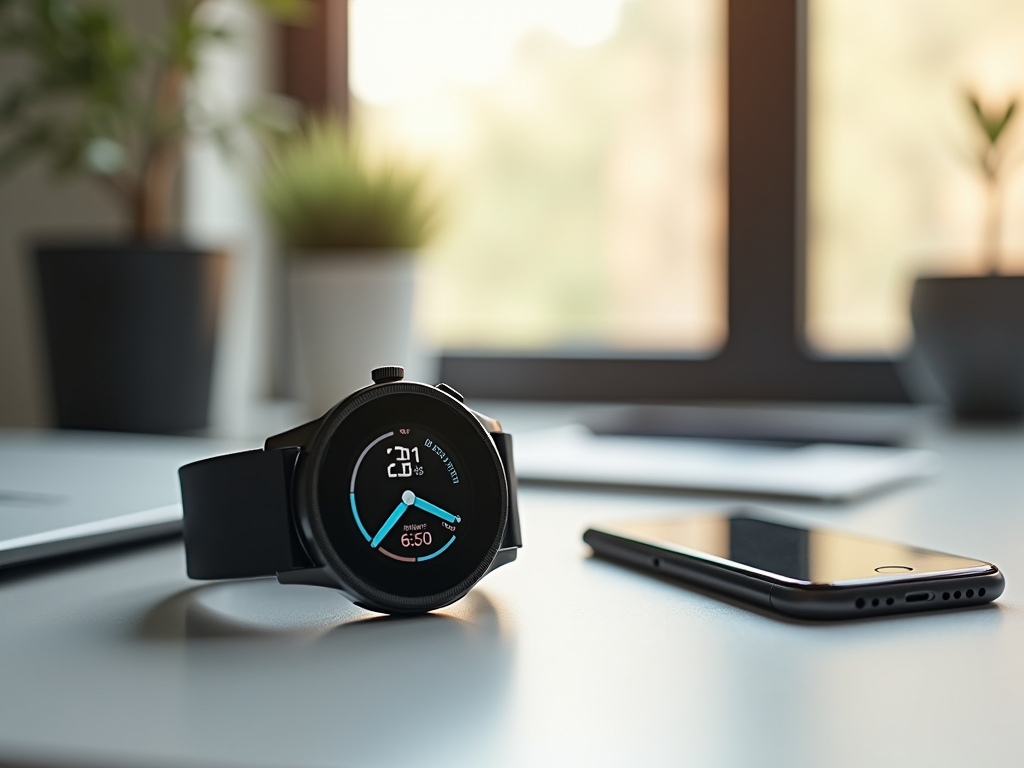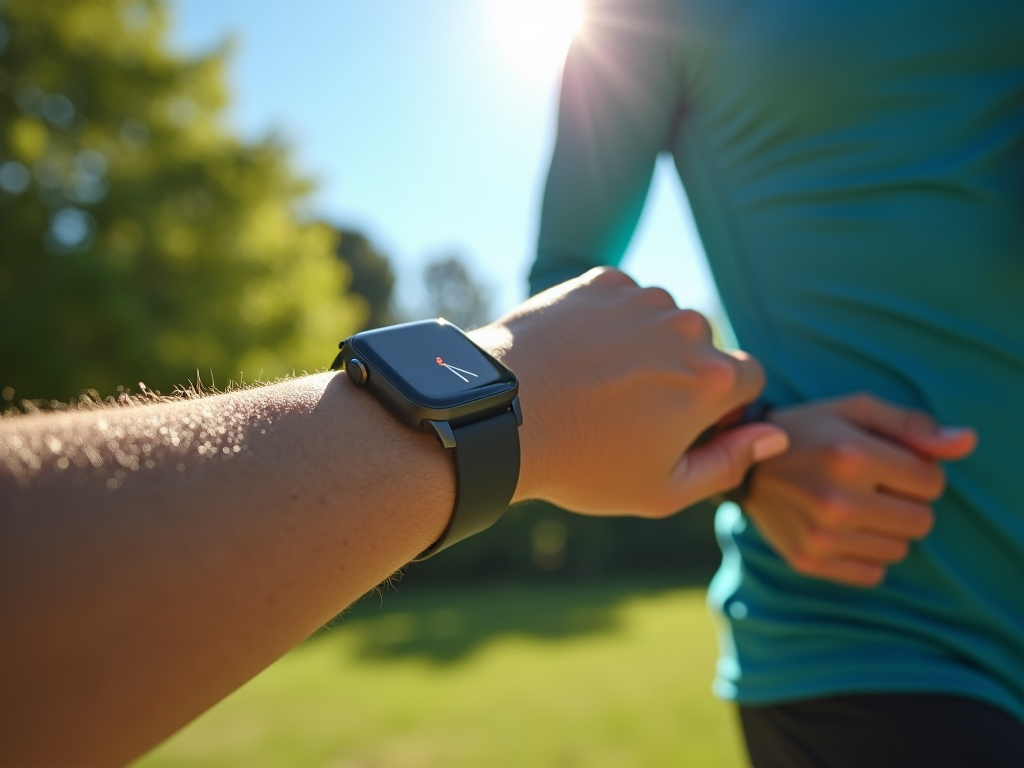In an ever-evolving world of technology, the smartwatch has emerged as a game-changer in the realm of personal electronics. As an extension of our smartphones, these versatile gadgets offer users a unique blend of timekeeping, connectivity, and health monitoring capabilities. With advancements in design and functionality, smartwatches have transcended their traditional roles to become integral companions for today’s busy lifestyles. Whether you’re a fitness enthusiast, a tech-savvy individual, or simply someone looking for convenience, the smartwatch presents a myriad of features that can greatly enhance your daily routine. However, as with any technology, there are pros and cons to consider before making a purchase. This article delves into the advantages and disadvantages of owning a smartwatch, ensuring you have all the relevant information to make an informed decision.
What is a Smartwatch?

A smartwatch is more than just a timepiece; it’s a multifunctional device that integrates seamlessly with your smartphone to deliver real-time notifications, health metrics, and much more. Unlike traditional watches, which primarily serve the purpose of telling time, smartwatches can display texts, receive calls, and run apps directly from your wrist. They often come equipped with features like GPS, heart rate monitoring, and even fitness tracking, allowing users to monitor their health and fitness levels constantly. With the capability to customize interfaces and choose various applications, the smartwatch becomes a personal tool rather than just an accessory.
Furthermore, the relationship between smartwatches and smartphones is built on compatibility. Many smartwatches require pairing with your smartphone to utilize the full array of features. This connection enhances their potential, making activities like replying to texts and managing calls instant and convenient.
Pros of Buying a Smartwatch

Enhanced Connectivity
Smartwatches excel in keeping users connected, providing important notifications for calls, messages, and app alerts at a glance. This immediacy allows for quick responses without the hassle of rummaging through a pocket or bag for your phone. Users can easily manage their communications directly from the watch, making it especially beneficial during situations where reaching for a device is impractical. Whether you’re in a meeting, exercising, or simply busy with daily tasks, having key notifications on your wrist means you won’t miss out on essential updates.
Health and Fitness Tracking
Many smartwatches come equipped with impressive health-monitoring capabilities. Features like heart rate tracking, sleep analysis, and step counting are commonly available, allowing users to keep a close eye on their well-being. Here are some key health features typically found in smartwatches:
- Heart Rate Monitoring
- Sleep Tracking
- Calorie and Activity Tracking
- Workout Modes
- Stress Monitoring
These tools can encourage users to adopt healthier habits and stay motivated in their fitness journeys. Additionally, the data gathered can help identify trends and patterns over time, providing valuable insights into one’s health.
Customization and Personalization
One of the standout features of smartwatches is their unparalleled level of customization. Users can choose from a myriad of watch faces, bands, and compatible apps that reflect personal style and preferences. This ability to personalize transcends aesthetics, as many smartwatches allow users to filter alerts and choose which notifications to display. As technology evolves, more customization options become available, making every smartwatch unique to its owner.
Convenience
The daily convenience provided by smartwatches cannot be overstated. From managing music playlists to navigating maps, a smartwatch can streamline various tasks. Users can make payments with NFC technology, reducing the need to carry cards or cash. The simple swipe of a wrist can simplify your life, making everyday functions much more manageable.
| Feature | Benefit | Example Models |
|---|---|---|
| Heart Rate Monitor | Real-time health tracking | Apple Watch, Fitbit Charge |
| GPS Navigation | Convenient outdoor activities | Garmin Forerunner, Samsung Galaxy Watch |
| Payment Options | Fast transactions | Apple Watch, Fitbit Pay |
Long Battery Life
Advancements in battery technology have enabled many smartwatches to have long-lasting performance. Many models now boast several days of battery life on a single charge, making them practical for daily usage without constant recharging. However, the actual battery life may vary depending on usage and the features activated. For those who prefer a hassle-free experience without nightly charging, this improvement is an impressive advantage.
Cons of Buying a Smartwatch
Price Point
While smartwatches can offer numerous benefits, potential buyers should consider the price points. Smartwatches come in a broad range of prices, and while budget-friendly options exist, premium models can be quite expensive. Investing in a smartwatch should align with your expected use and your lifestyle’s demands.
Battery Limitations
Despite advancements, some smartwatches still face challenges with battery life. Frequent charging can be inconvenient, especially for users who rely on their watch throughout the day for notifications and health tracking. Users may find themselves needing to charge their devices every night, which can become a routine interruption in busy lifestyles.
Learning Curve
Adopting a smartwatch may come with a learning curve, particularly for individuals who are accustomed to traditional watches. Navigating through apps and settings can initially feel daunting, and users may need time to familiarize themselves with the technology. It’s essential to dedicate some time to learning the features and capabilities to maximize the experience.
Compatibility Issues
Smartwatch compatibility can also be a potential drawback. Not all smartwatches seamlessly connect with every smartphone, particularly those operating on different systems. Users should thoroughly research compatibility to avoid disappointment when making a purchase.
Conclusion
Purchasing a smartwatch comes with a distinct set of advantages and disadvantages. The enhanced connectivity, health and fitness tracking, customization options, and convenience can greatly enrich one’s daily life. However, potential buyers must be mindful of the cost implications, battery requirements, and compatibility issues. Weighing these factors will empower you to make a well-informed decision about whether a smartwatch fits your lifestyle and needs.
Frequently Asked Questions
- What features should I look for in a smartwatch?
- Fitness tracking capabilities
- Battery life
- Compatibility with your smartphone
- Customization options
- Are smartwatches compatible with all smartphones? Compatibility varies; most smartwatches operate best with specific smartphone operating systems (iOS or Android). Always check compatibility before you buy.
- How often do I need to charge my smartwatch? Charging frequency depends on the model and individual usage, but on average, most smartwatches require charging every one to three days.
- Can I make calls from my smartwatch? Many smartwatches feature calling capabilities, but it typically depends on whether the smartwatch has cellular functionality or is paired with a smartphone.
- Are smartwatches worth the investment? This ultimately comes down to personal needs. If convenience, health monitoring, and connectivity are high priorities for you, a smartwatch may indeed be a worthy investment.
